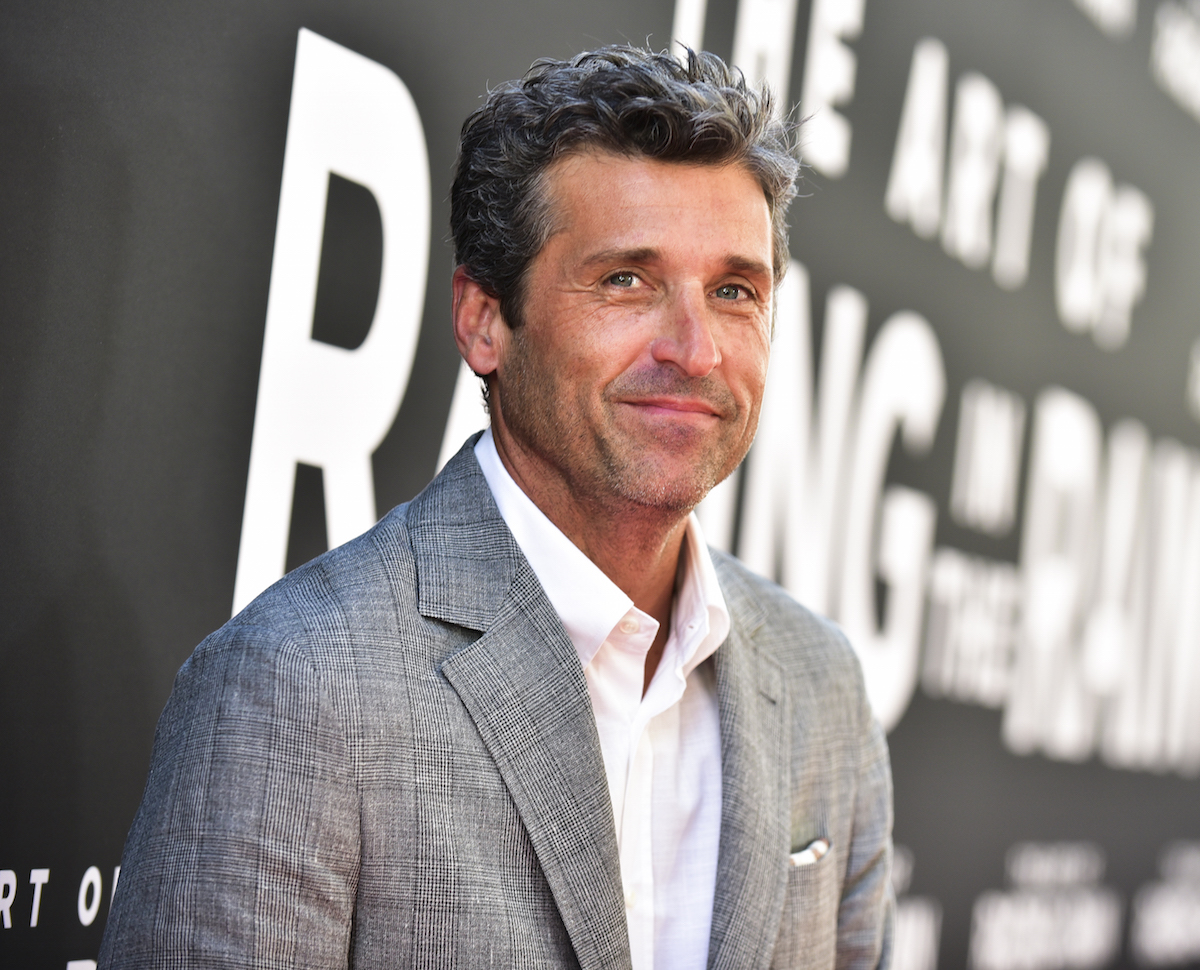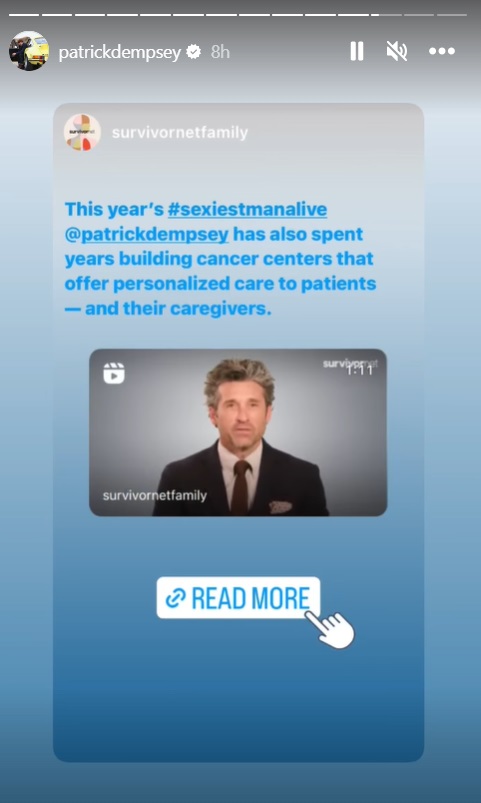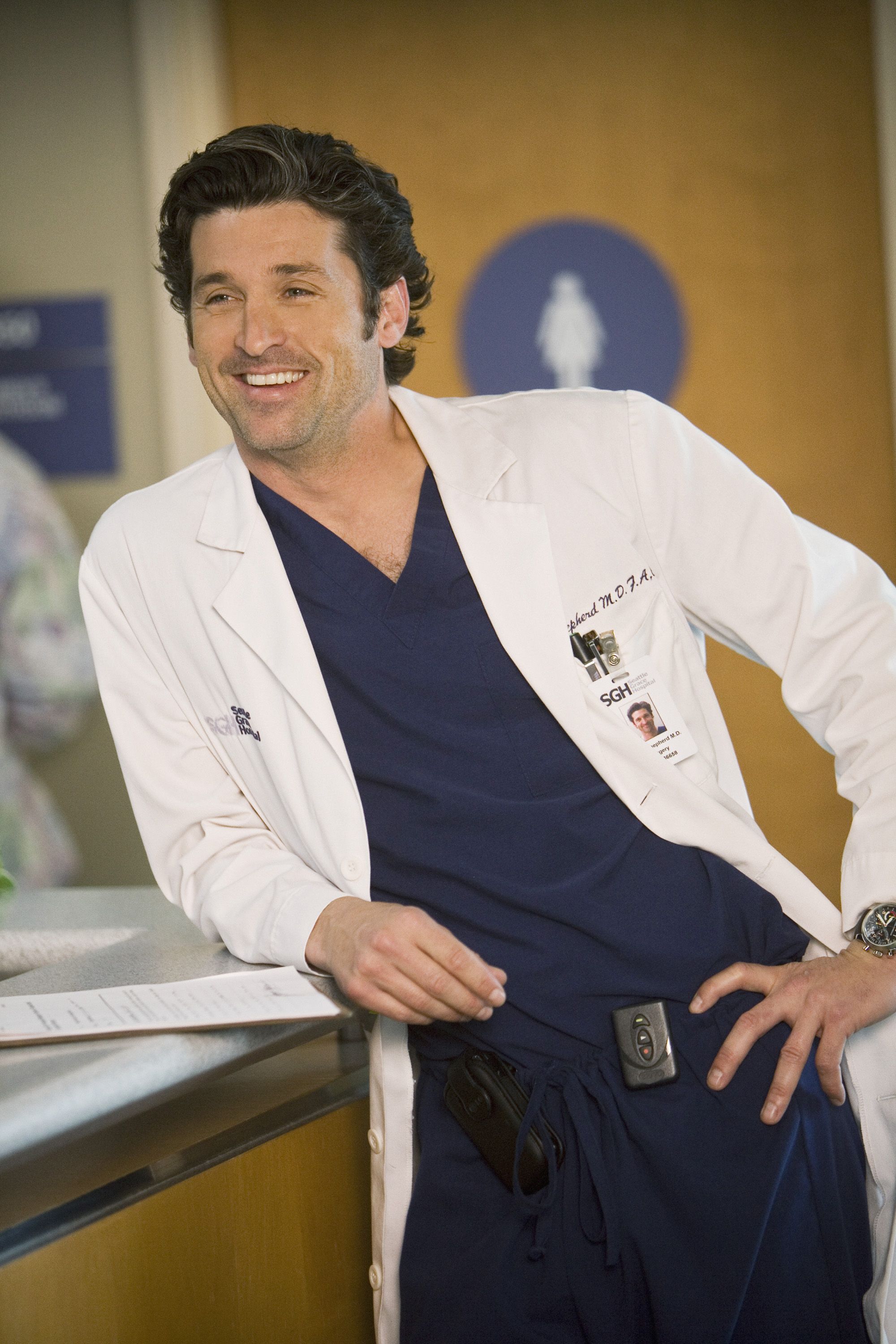How Patrick Dempsey Is Using the Spotlight to Help Cancer Patients
- Actor Patrick Dempsey, 57, is turning added attention for being named the “Sexiest Man Alive” to draw attention to an issue deeply personal to him – cancer advocacy. Ever since his late mom was diagnosed with ovarian cancer, he’s continued to find ways to support cancer patients and their families.
- The Dempsey Center supports patients and their families through complementary services like group therapy, support groups, educational classes, grief counseling, meditation, yoga, and acupuncture.
- The Center has locations in Portland and Lewiston, Maine, and people across the country can also access educational workshops, nutrition classes, movement and fitness classes, and integrative therapy workshops online.
- Caregivers play a critical role in conjunction with a robust support system for cancer patients. They help provide emotional and physical help for cancer warriors. However, sometimes caregivers may put their own needs – physical and emotional – on the back burner in favor of the cancer patient, resulting in caregiver burnout.
- Julie Bulger, manager of patient and family-centered care at Vanderbilt-Ingram Cancer Center, recommends forms of self-care to offset caregiver burnout. Self-care examples may include exercise, getting a message, seeking therapy, or seeking a support group for cancer caregivers.
“Grey’s Anatomy” star Patrick Dempsey may be basking in the glow of being named the “Sexiest Man Alive,” but his sights remain fixed on helping cancer patients and their families. After his mom was diagnosed with ovarian cancer, he made cancer support a crucial part of his life’s mission.
“When my mother was diagnosed in 1998 with ovarian cancer, the feeling was absolute shock,” Patrick said. “This is the strongest person in my life. How can she possibly be vulnerable and sick, and what do I do? What can I do to help her?” Dempsey told SurvivorNet.


“We help people who have been impacted by cancer,” Dempsey told People Magazine.
Dempsey does much of his cancer support work through the Dempsey Center he founded in 2008.
“We don’t treat the disease; we treat the person in what is called wraparound care. A lot of counseling, acupuncture, reiki, nutrition,” Dempsey said.
The Maine-based organization opened its first location in 2008, and it now has three locations plus online programming. They can provide their resources free of charge due to donations, corporate sponsorships, foundation grants, and the Dempsey Challenge, an annual biking event.

“The type of work that we’re doing and helping a family is very important and gives life meaning. I think to be of service is really why we’re here, and you really feel that when you’re doing this type of work,” Dempsey said.
Dempsey said before his mom’s passing, she would come to the Dempsey Center and talk to people newly diagnosed with cancer to help comfort them.
WATCH: A Message of Hope from Actor Patrick Dempsey
Dempsey told SurvivorNet that his mom “had the opportunity to see the center come to life. It was inspired by her journey, and she spent a lot of time there.”
Dempsey’s Appreciation for Caregivers
After Dempsey’s mom was diagnosed with ovarian cancer, throughout her journey, she experienced more than 12 recurrences. Patrick’s sister was Amanda’s primary caregiver. However, the famous actor also played a significant role in his mother’s cancer care.
WATCH: Caregivers Shouldn’t Neglect Themselves
Caregivers play a critical role in conjunction with a robust support system for cancer patients. They help provide emotional and physical help for cancer warriors. However, sometimes caregivers may put their own needs – physical and emotional – on the back burner in favor of the cancer patient.
According to the Family Caregiver Alliance, more than one-quarter of caregivers say caring for another person has been hard on them emotionally. Caregiver burnout, the stress, anger, fatigue, and illness that can come from putting another person’s needs ahead of your own, is real. It can sneak up on you if you don’t care for yourself.
View this post on Instagram
“Caregiving is the most important job in the universe because you are there through the highs and lows,” Julie Bulger, manager of patient and family-centered care at Vanderbilt-Ingram Cancer Center in Nashville, TN, tells SurvivorNet.
“You are there to support your loved one, to manage all of the daily tasks as everything is changing in your life,” Bulger adds.
To offset the impacts of caregiver burnout, Bulger recommends some forms of self-care such as exercise, getting a message, seeking therapy, or seeking a support group for cancer caregivers.
Learn more about SurvivorNet's rigorous medical review process.

